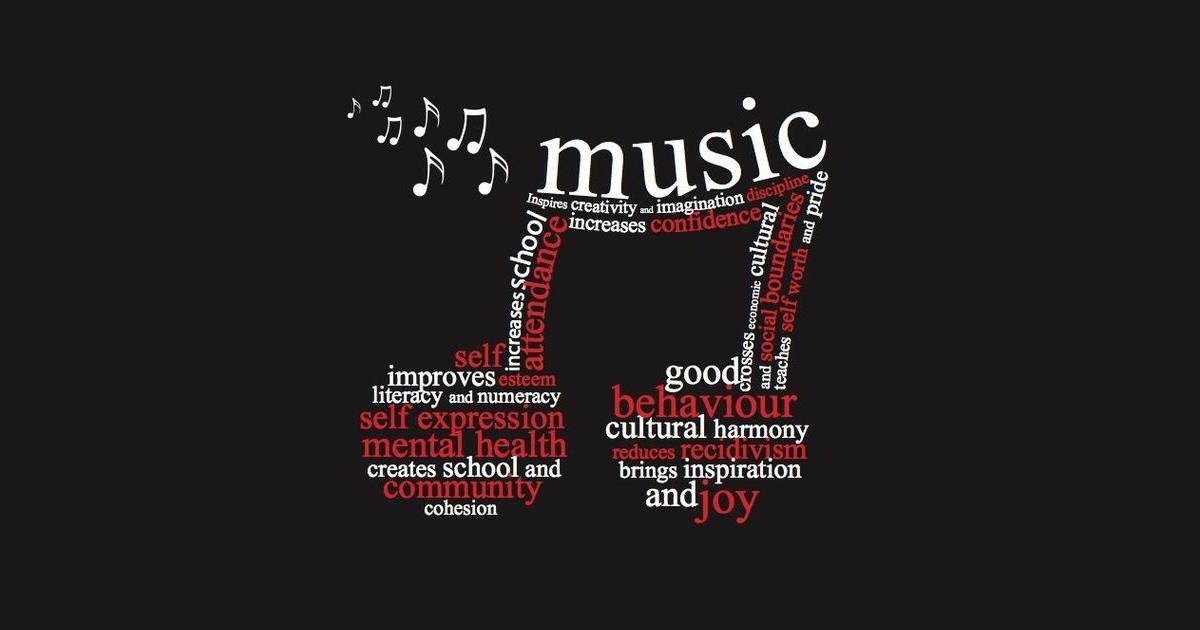
Is the music of the past important for the people and if yes why?
The Timeless Significance of Music from the Past
In an era defined by rapid technological advancements and ever-evolving cultural landscapes, it's easy to overlook the importance of music from the past. However, delving into the melodies of yesteryears reveals a treasure trove of insights and emotions that continue to resonate with people across generations. But why is the music of the past important, and what makes it relevant to contemporary audiences?
A Bridge to History
Music serves as a powerful conduit for preserving history and cultural heritage. Just as historians document events through written records, music encapsulates the sentiments, struggles, and triumphs of bygone eras. Whether it's the protest songs of the civil rights movement or the anthems of revolution, the melodies of the past offer a window into the social, political, and emotional landscapes of their time. By listening to music from different epochs, individuals can gain a deeper understanding of historical contexts and the human experiences that shaped them.
Cultural Continuity and Identity
Music forms an integral part of cultural identity, serving as a mirror that reflects the values, traditions, and aspirations of a society. Through melodies passed down through generations, communities maintain a sense of continuity and connection to their roots. Whether it's folk songs, classical compositions, or traditional chants, the music of the past anchors individuals to their cultural heritage, fostering a sense of belonging and pride. In an increasingly globalized world, preserving and celebrating music from diverse cultures becomes imperative in fostering mutual understanding and respect.
Emotional Resonance
One of the most remarkable aspects of music is its ability to evoke powerful emotions and transcend temporal boundaries. The melodies crafted by composers centuries ago can still stir feelings of joy, sadness, nostalgia, and inspiration in listeners today. Whether it's the haunting strains of a Mozart symphony or the soulful melodies of Billie Holiday, timeless music has a universal appeal that transcends the constraints of time and space. In an ever-changing world, the enduring emotional resonance of music from the past provides solace, comfort, and a sense of connection to something greater than oneself.
Philosophical Perspectives
Numerous philosophers and thinkers have reflected on the enduring significance of music from the past. Plato, in his "Republic," extolled the transformative power of music on the human soul, advocating for the censorship of certain musical modes that could corrupt moral character. Similarly, Friedrich Nietzsche emphasized the Dionysian and Apollonian elements of music, arguing that it serves as a conduit for both primal instincts and rational order. More recently, Theodor Adorno explored the role of music in society, critiquing its commodification and emphasizing the importance of preserving its critical and emancipatory potential.
Conclusion
In conclusion, the music of the past is not merely a relic of bygone eras but a living testament to the human experience. It serves as a bridge to history, a source of cultural continuity, and a catalyst for emotional resonance. As we navigate the complexities of the modern world, embracing and celebrating music from diverse epochs enriches our lives, broadens our perspectives, and reminds us of the enduring power of creativity and expression.
So, the next time you find yourself drawn to the melodies of a bygone era, remember that you are not just listening to notes on a page but experiencing a timeless journey through the depths of human experience.
Keep listening. Keep exploring.
News,Latest news


